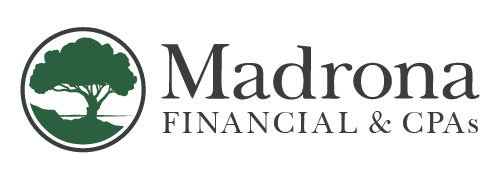Since we were young, we’ve been told about the benefits of a balanced diet. It might even have been a part of your grade school health class curriculum. Although, when you’re in sixth grade you focus more on what special treat Mom packed in your lunch than the proper servings of fruits and vegetables.
The way they explain a balanced diet has changed over the years. They went from pyramids to color codes and someone is probably creating a Venn diagram on how many servings of each food group to eat. Regardless of how it’s explained, the importance of the concept remains the same. A balanced diet is healthy for you. When you go for a physical your doctor might even inquire about your diet to get a good understanding of your lifestyle.
You might not be at home measuring out precise servings of each of the daily-recommended food groups, but you probably know enough by now to understand the foundation of a balanced diet. It’s also not that hard to figure out when we may be overindulging on some of the things that fall outside of a balanced diet like ice cream, chocolate and sweets. It doesn’t mean you can’t enjoy the sweet treats as long as you live by the motto, everything in moderation.
You could probably say the same thing about a balanced diet for your financial portfolio. Think about it. There are foundation points that form a healthy portfolio. Depending upon the stage of your life and your goals, there are certain things that should and perhaps shouldn’t be part of your financial diet.
Let’s say you’re at or near retirement age, it probably wouldn’t be the best thing to have all of your money at risk. Your financial diet might shift towards income preservation with a more moderate and reduced risk profile than when you were younger and in the accumulation phase. The point is: Are you thinking about your portfolio diet? Is it balanced?
Your retirement plan shouldn’t be balanced the way it was 20 years ago when you were still growing your nest egg, it should be based upon making sure you have enough money to last and hopefully leave to your loved ones. If you’re not sure whether your retirement plan is being fed a balanced diet it’s time to consult with a financial professional.
Most financial advisors offer a complimentary meeting to discuss your goals and review your current situation. That’s important, because you can see if you’re comfortable working with that advisor before spending any money.
A balanced diet is good for your health and your financial health so make sure both are getting what they need. And go ahead, reward yourself with that cookie, you deserve it for eating a balanced diet and getting plenty of exercise.

